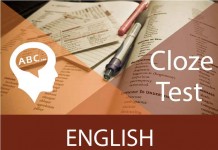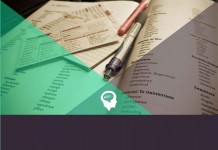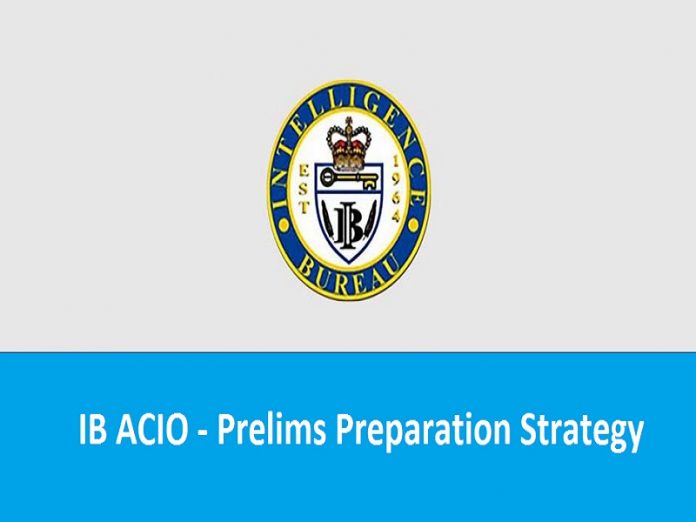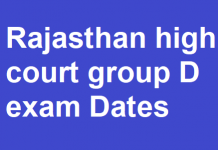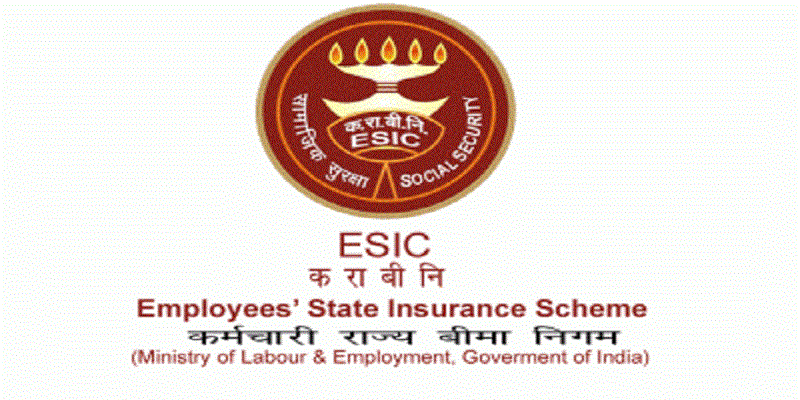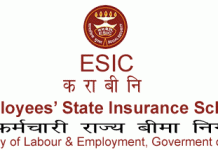IB ACIO – Prelims Preparation Strategy
Hello Friends,
As The Ministry of Home Affairs had invited applications for IB Recruitment 2017 for the post of Grade II – Assistant Central Intelligence Officer for Intelligence Bureau of India (IB).Therefore, this is a glorious opportunity for those who want a career as an Officer in the Central Government with the prestigious IB. Hence, it’s the time to plan a smart strategy and prepare for the same. Hence, read the article to know about the Preparation Tips for IB ACIO 2017 in detail.
IB Exam Pattern & Selection Procedure consists of the three stages mentioned below:
- A candidate needs to qualify these three stages to get selected as an Assistant Central Intelligence Officer with the Intelligence Bureau of India.
- The 3 stages of Exam are as follows:
- Tier I – Preliminary Exam
- Tier II – Mains Exam
- Interview
Exam Pattern for Prelims Tier- I
- This is an Objective Test.
- The Tier I Stage is a written exam of 1 hour.
- This will have four different sections of 100 marks.
- A candidate can appear for Tier II only after qualifying Tier I.
- For each wrong answer, there is Negative Marking of 0.25 marks.
| Subject | No. of Qs. |
Max. Marks |
Duration |
| General Awareness |
25 | 25 | 1 Hour |
| Quantitative Aptitude |
25 | 25 | |
| Logical/ Analytical Ability |
25 | 25 | |
| English Language |
25 | 25 | |
| Total | 100 | 100 |
Preparation Tips for – General Awareness
This is one of the important section and needs wide knowledge. With almost a month in hand, you should go through each & every major event in the past. Some of them are stated below:
- The chronological order of major historical events.
- Major Missiles, ships of Indian Defence with their specifications & launch.
- Botanical & Zoological names.
- Important diseases, organs & hormones.
- Major Government Schemes.
- International Wars, Missiles & Boundary lines.
- Indian Polity – Judiciary, Executive & Legislative.
- Important Organisations & their founders.
- Scholars, Economists etc. and their achievements.
- Books & Authors.
- Knowledge of physical & chemical laws.
- Geographical features including major dams & rivers.
- Current Affairs.
Preparation Tips for – Logical/Analytical Ability
This section will consume most of your time to produce an accurate answer. Moreover, reasoning questions are the easiest ones given you know the trick. The important topics for IB ACIO Reasoning section are as follows:
- Similarities and Differences
- Spatial Visualization and Orientation
- Analogies
- Analysis
- Judgement
- Decision Making
- Relationship Concepts
- Arithmetic Reasoning
- Problem Solving
- Verbal and Figure Reasoning
- The trick to solve verbal analogies fast is to try and find the relationship between terms in the first pair. Build up strong vocabulary will be of great help in this type of questions.
Preparation Tips for – Quantitative Aptitude
The quantitative aptitude questions are more or less similar to that asked in the SSC CGL paper. The difficulty level is almost more or less the same. You can expect roughly 25-30% questions from this section. The below-mentioned topics should be prepared to give adequate importance to score well in this section:
- Average
- Percentage
- Simplification
- Area
- Profit & Loss
- Time & Work
- The questions are usually tricky. Hence, you should keep the formulas on your fingertips.
- Therefore, you should practice these kinds of questions a lot so that it gives you an edge while solving and you gain proper speed while solving.
Preparation Tips for – English
English is of SSC standard. To score well in this section, you must come prepared with the following topics.
- Phrases
- Jumbled Sentences
- Synonyms and Antonyms
- One Word Substitution
- Idioms
- Passages
- To avoid mistakes in this section, you should be well versed with basic grammar rules.
- You should know how the verb formulates based on the subject, tenses, past participle forms and when are they used.






